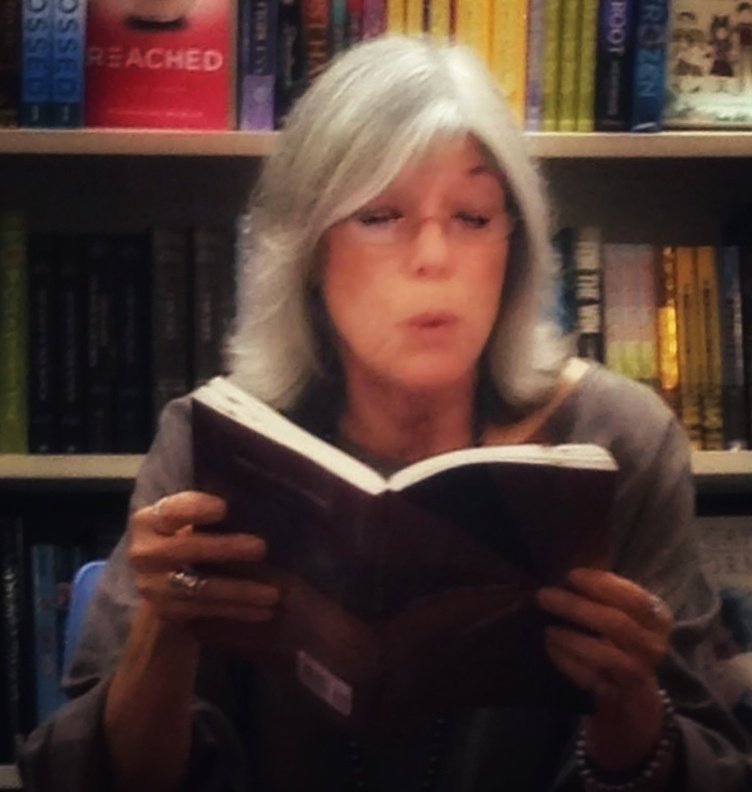The NEver Paradigm
My young grandson bemoans the fact that street puddles from the persistent winter rains have dried up. He wants to splash through the puddles. He wants the thrill of the spray on his ankles. He will never again get to charge his bike through them, he cries, as he steers his bicycle in circles around what was a puddle and is now merely a teardrop on pavement, matching the tiny drop on his sweet cheeks.
An old friend tells me she knows now she will never achieve more than she has. Time is running out, she says. She has made poor choices. She has allowed others to alter her fate. She has failed to be true to herself. She is fated to failure. She bemoans all that was and wishes she could start over. She sees her entire life now in a rear-view mirror.
And then, I read another terrific novel and think, I will never write like that fabulous writer. I will never write the story that will live up to my potential. I will never be what I hoped to be.
Facing the never in life, what’s the point?
At a writing class years ago, the first I took when I decided, late in life, to commit to a master’s in writing, the writer Robert Cormier sat, fortuitously, at my luncheon table, directly opposite me. He spurred a young adult fiction movement in the seventies with dark stories like The Chocolate War and I Am the Cheese. Writing with such sensitivity about adolescent struggles was genre-busting, and also controversial. Teens and tweens, however, related so well, he was catapulted from being a longtime small-town journalist to full-time novelist. When he stood to deliver a keynote speech that day, I was stunned. Many of us were, expecting, from his work, a Tim Burton type of character – bizarre and macabre. Instead, Cormier looked a little like the guy sitting nearby at the bar at the end of the day: harmless and friendly. Slight of build, he had pale skin and gray wispy hair. His shoulders had the slump of a man who sat at a desk most of his days and had never lifted a weight or hoisted a tennis racket. He wore a plain white shirt and a slightly rumpled gray suit. His eyes, even behind wire-rimmed glasses, glistened with humor and he smiled warmly, if reservedly. He spoke slowly, with a classic New England accent, about the writing life. He told us about his children, lulled to sleep at night by the click of his typewriter. He could have been a friendly neighbor or a doting uncle, so, at lunch, I drew on a tiny reserve of courage and asked him if he would read a small story I had written. He said he rarely felt competent to judge anyone’s work. And then he said, as if he read my mind, there will always be writers better than me and different from me, so I should neither judge my work based on his response or on anyone else’s work. Nevertheless, he said, recognizing my hopefulness, send it to me.
True to his word, he responded a few weeks later, in writing. He said he was no expert, but he believes all good writers have one thing in common: a natural rhythm to their language. He said I had the rhythm. That was nearly thirty years ago. I might never otherwise have completed a master’s degree or written one word of fiction.
Those of us in the last chapter of our lives know there are many things we may not get to do. Nonetheless, there is much we can do and, more to the point, do better. The word never implies finality. Never implies impossibility, another word I despise. Never suggests defeat, bordering on despair. It’s an awful word. Right up there with should. We should have done this or that. We should be more than we are. We should have more to show for ourselves. I would like to strike both words from our dictionaries and from our children’s perspective.
Look back, of course, I tell my friend, at all you’ve accomplished, not what you haven’t. Destiny runs its own course. I remind myself of this every morning when I sit down at my computer to write. There will be rain again, I tell my grandson. There will be puddles. And they will dry up, again. That’s called a cycle. Up and down. Then and now. And to his sweet trusting eyes, I fall prey to the platitude that fits: never say never. Words to live by.
Randy Kraft writes fiction and post book reviews, and occasionally coaches aspiring writers. She holds a Masters in Writing and an MBA. She is a retired freelance journalist for regional and national magazines, as well as an education, business, culture and city reporter for newspapers. She has published three novels and a collection of short stories, and several stories have appeared in literary magazines. Follow book reviews and literary blog at randykraft.substack.com.

